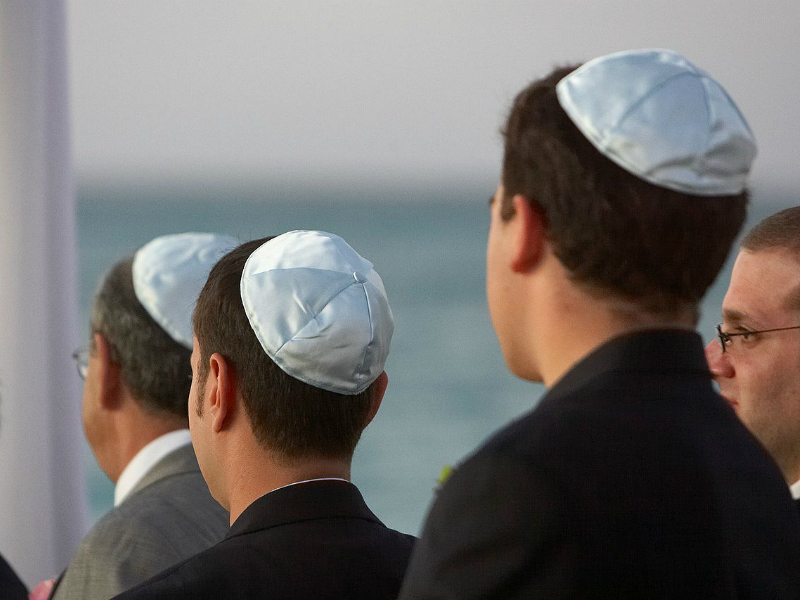The Centre for Israel and Jewish Affairs (CIJA) is “profoundly disappointed” with the contentious bill on state secularism adopted by the Quebec National Assembly on June 16.
“As CIJA argued during consultations at the National Assembly, Quebec’s secularity is not facing a threat that justifies the use of extraordinary measures such as invoking the notwithstanding clause,” said CIJA Quebec chair Brenda Gewurz, referring to the inclusion of a clause in Bill 21 overriding the Canadian Charter of Rights and Freedoms, as well as amending the province’s own Charter of Human Rights and Freedoms.
“This bill is reckless. It undermines religious freedom and equal access to employment in the public and parapublic sectors. Furthermore, we are troubled by the last-minute amendments tightening the provisions of the law and its implementation, which were not discussed in depth or subject to public consultation.
“While CIJA and the Jewish community firmly support the religious neutrality of the state, this legislation is incoherent and in too many regards arbitrary. It grants excessive discretionary powers which will allow for erratic and unequal interpretations of the law.”
READ: WHY JEWS SHOULD NOT SUPPORT BILL 21
Bill 21, An Act respecting the laicity of the State, introduced by the Quebec government on March 28, forbids public sector employees considered to represent state authority from wearing religious symbols on the job.
The bill passed after the majority Coalition Avenir Québec (CAQ) government invoked closure to end debate and extended the current parliamentary session into the weekend before the summer recess.
The official Liberal Opposition and Québec Solidaire, which has 10 MNAs, voted against the bill as the session extended late into Sunday evening. The Parti Québécois voted with the government, but criticized it as not going far enough.
An amendment introduced on the day of the vote was the inclusion of a provision for the monitoring of employees to ensure they respect the law. It also speaks of unspecified “disciplinary measures.”
The minister responsible for the public sector affected may designate a person to verify compliance with the law, according to the change.
In the preceding week, the government also amended the bill to define in a general way what constitutes a religious symbol, something absent from the original version.
Added to the bill’s text is: “clothing, symbol, jewelry, ornament, accessory or headgear that is worn in connection with a religious conviction or belief and can reasonably be considered as referring to a religious affiliation.”
A third amendment, made at the 11th hour, was the addition of: “State laicity also requires that all persons have the right to lay parliamentary, government and judicial institutions, and to lay public services…” suggesting that right is at least on par with religious freedom.
Subject to the law are, not only police officers, judges, Crown prosecutors, public school teachers and principals, but also government lawyers and notaries, members of government commissions and boards, the provincial justice minister and speaker of the National Assembly, and provincial court clerks and sheriffs, among others.
D’Arcy McGee Liberal MNA David Birnbaum, the sole Jewish parliamentarian, decried the CAQ’s “shameful shutdown of democratic debate” to get the bill passed before the summer break, calling closure, “an exceptional procedure.”
The new law will “compromise the equal rights of religiously observant Quebecers,” Birnbaum said.
He described the late-stage amendments as “odious” because they will “basically enable the creation of a ‘laïcité’ police to enforce [the CAQ’s] religious symbols ban.
“It is with pride and defiance that we Liberals have stood up for fairness and equality for all Quebecers in this debate, and will never stop doing so.”
